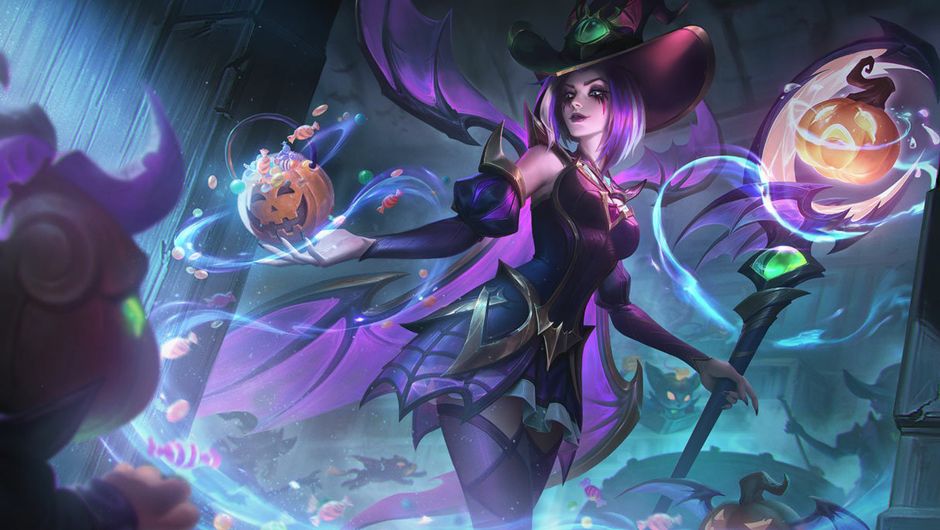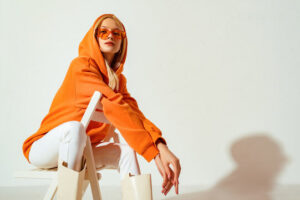The internet moves fast. Trends shift, memes go viral, and new slang is born almost every week. Among the latest additions to online language is a peculiar, catchy, and strangely relatable term—loldlr. Short for Laughing Out Loud, Don’t Laugh Really, this term captures the irony and contradictions of online behavior. People may type “LOL” or drop a string of laughing emojis, but deep down, they may not be laughing at all. Loldlr exposes this truth with style.
In this article, we’ll dig deep into the origins, usage, cultural relevance, and future of loldlr. Whether you’re a Gen Z meme lover or just trying to keep up with internet trends, this guide has you covered.
Table of Contents
1. What Does Loldlr Mean?
Loldlr stands for:
Laughing Out Loud, Don’t Laugh Really
It is a combination of sarcasm and realism. It calls out the common habit of typing “LOL” in messages when, in reality, the user is not laughing at all. Instead of pretending, loldlr embraces the fact that not every joke lands—and that’s okay.
This term is:
-
Ironic – It mocks overused expressions like “LOL”
-
Relatable – Many people use “LOL” to fill gaps, not because something is truly funny
-
Expressive – It expresses that you’re going through the motions, but not emotionally invested
Example in a chat:
Friend 1: I dropped my pizza face-down again
Friend 2: loldlr
2. The Rise of Irony in Internet Culture
To understand loldlr, we must first understand the role of irony in internet communication. Platforms like Reddit, X (formerly Twitter), TikTok, and Discord are full of sarcasm, self-deprecating humor, and ironic detachment. Emotions are often exaggerated or downplayed for effect.
Why Irony Rules the Internet:
| Reason | Explanation |
|---|---|
| Emotional Shield | Irony helps people avoid appearing too emotional or invested |
| Meme Culture | Most viral memes are layered with irony or absurdism |
| Shared Experience | Irony builds bonds between users who “get the joke” |
| Escapism | Detachment provides relief in stressful or overwhelming online spaces |
Loldlr fits this pattern perfectly. It’s a product of a digital world where sincere laughter is rare but LOL is everywhere.
3. The Evolution of Laughter Online
Before loldlr, internet users went through a journey of expressing laughter digitally:
-
LOL – Laughing Out Loud (not always true)
-
ROFL – Rolling On the Floor Laughing
-
LMAO – Laughing My Ass Off
-
HAHA – Still vague but slightly more honest
-
Emoji 🤣 – Visual but may still be fake
-
Loldlr – Admits you’re not really laughing
Loldlr evolves digital communication by making it more honest. It’s a self-aware acknowledgment that we often go through the motions online without deep emotional reactions.
Where Did Loldlr Come From?
Like many internet terms, loldlr has unclear origins. It seems to have emerged from chat platforms like Discord and Reddit, where users often mix sincerity with sarcasm.
Some users say it appeared as a meme in late 2023 or early 2024. Others credit Tumblr and niche TikTok communities for its spread. Regardless of its source, it resonates with young users who understand that texting ≠ emotion.
A few speculated sources:
-
Reddit irony subs (e.g., r/okbuddyretard)
-
TikTok slang threads
-
Urban Dictionary entries
-
Inside jokes among friend groups
As with all slang, loldlr spreads not through official definitions but through use. If enough people use it, it becomes real.
How to Use Loldlr in Conversation
Using loldlr is easy—just insert it where you’d normally write “LOL,” but with a touch of dry humor or irony.
Examples:
-
When a joke is bad but you want to keep the chat light:
“He called himself a snack… loldlr.”
-
When someone makes a pun:
“Pasta la vista… loldlr.”
-
After a fail video that’s too familiar:
“That’s literally me last week… loldlr.”
It can also be used as a reaction alone:
Message: “Guess who got ghosted again?”
Reply: “loldlr”
6. Memes and Content Featuring Loldlr
The term loldlr has been gaining traction in memes, short-form videos, and Twitter threads.
Common themes:
-
Fake laughing memes: Split screen showing “LOL” typed vs. a deadpan face
-
Gen Z depression humor: Dark humor layered with sarcasm
-
TikTok skits: Users text “LOL” with a blank stare, captioned “loldlr”
-
GIF Reactions: Stale clapping, fake smiles, or “I’m dead inside” faces
Loldlr is also great meme fodder because of its raw honesty. It points out a universal truth in the digital age—sometimes you’re just pretending.
7. Why Loldlr Resonates With Gen Z
Gen Z thrives on self-awareness, irony, and absurd humor. They’re fluent in internet culture, and many of them don’t take things too seriously. That’s why loldlr fits in.
Reasons why Gen Z loves it:
-
They dislike forced positivity
-
They embrace mental health honesty
-
They value authenticity over appearance
-
They often use sarcasm as a coping tool
For Gen Z, loldlr isn’t just funny—it’s real. It reflects how people laugh, cry, and scroll all at once.
8. Will Loldlr Last?
Internet slang often fades fast. Today’s LOL becomes tomorrow’s cringe. So, what’s the future of loldlr?
Signs It Might Last:
-
It reflects real online behavior
-
It feels fresh and raw
-
It fits meme and texting culture
-
It’s easy to say and type
Signs It Might Fade:
-
It could become “overused” or co-opted by brands
-
Newer terms might replace it
-
It may stay confined to niche groups
Still, loldlr has done something impressive: it made people think about how they use LOL. That alone gives it cultural value, even if it fades.
Table: Comparison of Internet Laughter Terms
| Term | Full Form | Real Laughter? | Tone | Common Usage |
|---|---|---|---|---|
| LOL | Laughing Out Loud | ❌ | Casual, filler | Text, memes |
| ROFL | Rolling On Floor Laughing | ❌ | Exaggerated | Rare, outdated |
| LMAO | Laughing My Ass Off | ❌ | Edgy, older | Comment threads |
| HAHA | N/A | ✅/❌ | Mildly sincere | Text, stories |
| 😂 / 🤣 | Emoji | ✅/❌ | Playful, casual | Everywhere |
| loldlr | Laughing Out Loud, Don’t Laugh Really | ✅ (about being fake) | Ironic, honest | Gen Z slang, memes |
FAQs
Q1: What does loldlr stand for?
A1: It means Laughing Out Loud, Don’t Laugh Really. It’s used to show fake or dry laughter online.
Q2: Is loldlr a meme?
A2: Yes, it’s often used in memes to show ironic or fake reactions, especially in Gen Z humor.
Q3: Where did loldlr come from?
A3: Likely from chat groups, Discord, or Reddit. It spread through humor and meme culture.
Q4: Is loldlr offensive?
A4: No, it’s not offensive. It’s playful and self-aware, used for humor.
Q5: Can adults use loldlr?
A5: Yes, anyone can use it. But it’s most popular among younger users who are into meme culture.
Q6: How do I use loldlr in a sentence?
A6: Just like you’d use “LOL,” but with irony. Example: “I spilled coffee on my keyboard… loldlr.”
Q7: Will people understand loldlr?
A7: If they’re active online or into memes, probably yes. If not, you might need to explain it once.
Read Latest Post
Social Media Girls Forum: Space for Women Influencers and Fans






